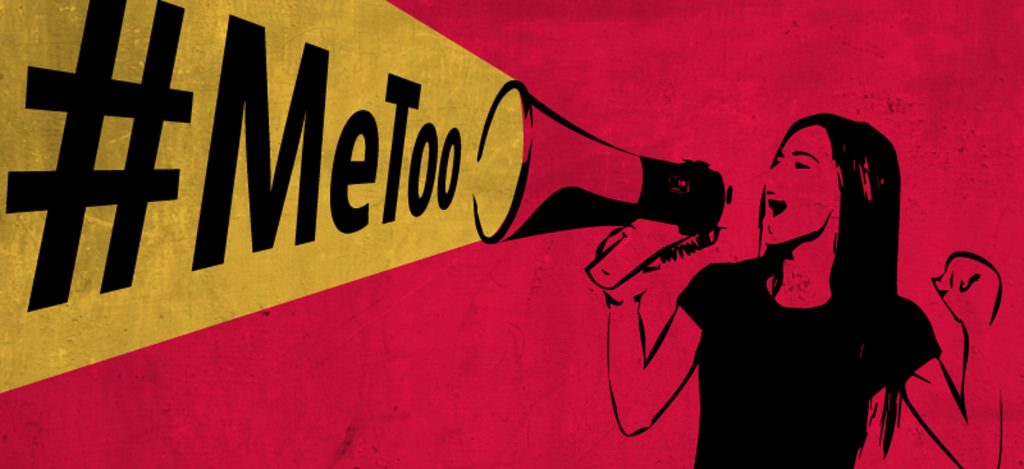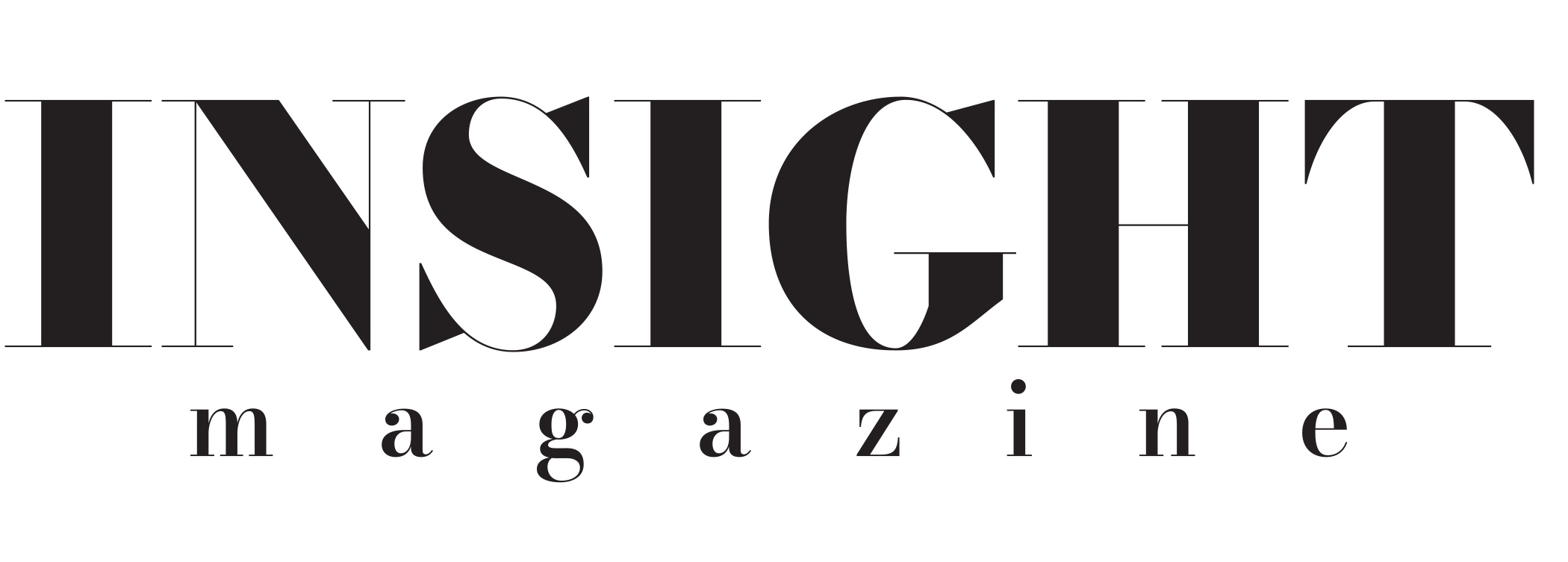
This semester, the Joe Crowley Student Union at University of Nevada, Reno (UNR) hosted guest speaker, Tarana Burke, creator of the #MeToo movement. Burke’s lecture covered the origin of the movement as well as where the movement is heading.
Burke opened her speech by discussing how she came to create the #MeToo movement. She explained that she is from an ordinary city, the Bronx. She explained that she is from an ordinary family, with the exception that she was taught to recognize injustice. She explained that even with an understanding of injustices, she still lacked the tools to address them for some time.
According to Burke, her work with the 21st Century Youth Leadership Movement gave her the tools to address injustice. Burke said the organization’s mentality was, “Learn and do.” She said that the first case organized around was the Central Park 5 case. She explained that this case helped to energize her and prove to her that she had power to enact change. “I embraced the idea of ‘You have power now,’” said Burke.
Burke said that she continued her work with the 21st Century Youth Leadership Movement when she met a girl she calls Heaven. According to Burke, every year the organization held meetings wherein the young girls the organization helped could freely discuss any issues they had. “Every year a girl would come forward with a story of sexual violence,” said Burke.
The year that Burke befriended Heaven, she could tell that the young girl wanted to speak up during the meeting, but was having difficulty finding her voice. After the meeting, she was approached by Heaven, who told Burke about her own experience with sexual violence.
Burke said, “The whole time all I was thinking was, this happened to me too.” However, she was afraid to say the wrong thing to Heaven, and remained silent. Burke explained that she later realized that she should have said, “Me too.”
Burke went on to explain that language became an important aspect of her work to help these young women. “We started with language,” said Burke, “You can’t heal a thing you can’t name.”
Burke said that in MeToo workshops that the group established, the organizers used pop culture to help the young girls understand that other people have experienced sexual violence. She said the person who always resonated with the girls is Oprah, as she is highly recognizable and influential. “They needed a sense of possibility,” said Burke, “That this is not where their life stops.”
Burke said that the organization’s MeToo workshops spread to other towns. The organization sent packets of information to churches and community centers so that they could start their own groups. Then, in 2017, the #MeToo became popularized online by Alyssa Milano on Twitter. Burke was shocked by how widespread the movement became. “I could never imagine people telling their stories and being supported the way they are today,” said Burke, “I’m floored every day.”
Burke believes that the movement has helped the general public to address issues of sexual violence. “When MeToo went viral, everyday folks were given a way to lift up their voices and say this is not anomaly,” said Burke, “This happened to me too.”
Burke then shifted focus to where the #MeToo movement is headed. “What now? What next?” said Burke, “We’ve had one solid year of unpacking sexual violence. We’re still unpacking it.”
Burke said that the MeToo movement is not a weapon meant to take down powerful men, but a tool for victims of sexual violence to begin healing. “We’re trying to be whole people. We’re trying to walk through life with our dignity intact,” said Burke, “That’s not a lot to ask.”
Burke explained that there is need for individual healing and community healing, which entails changes in laws and culture.
She then focussed on the UNR community in regard to sexual violence. “I challenge you administrators,” said Burke, “How do you work to prevent sexual violence. Are you doing more than lip service?”
Burke explained that several people had asked her to discuss sexual violence on campus at UNR. “I got a number of letters asking me to talk about the culture of sexual violence on this campus,” said Burke.
Burke then addressed the UNR student population directly, urging them to act to facilitate change on campus. “You have power now,” said Burke, “The school is first and foremost accountable to you.”
Burke ended her speech by saying, “So let’s work together and let’s heal together. If you are ready to do that, then I leave you with two words: Me too.”
